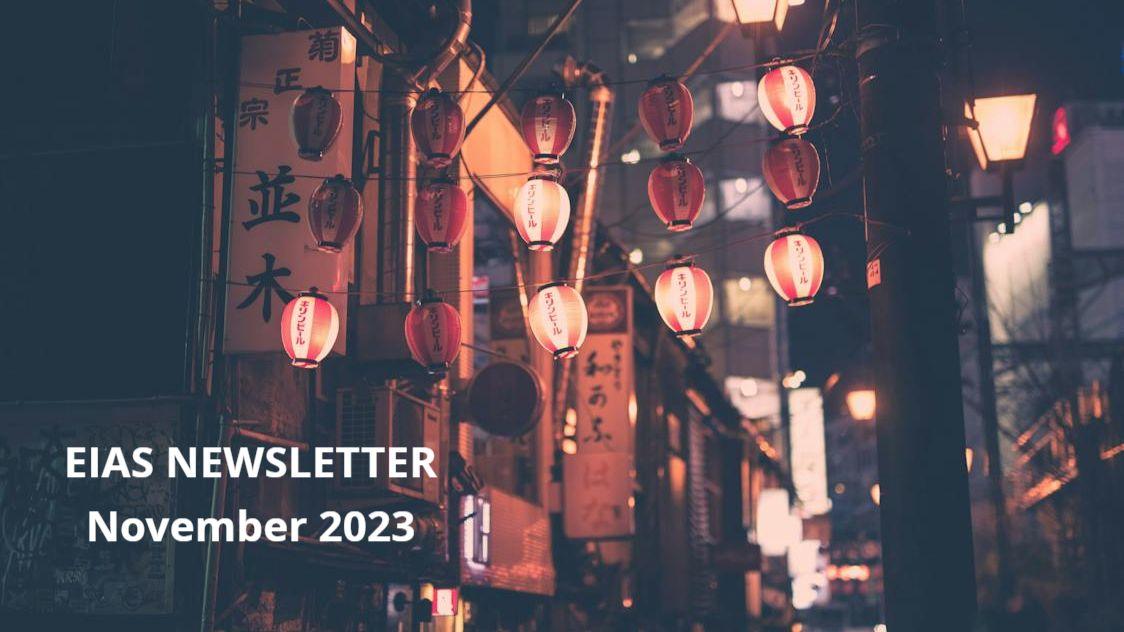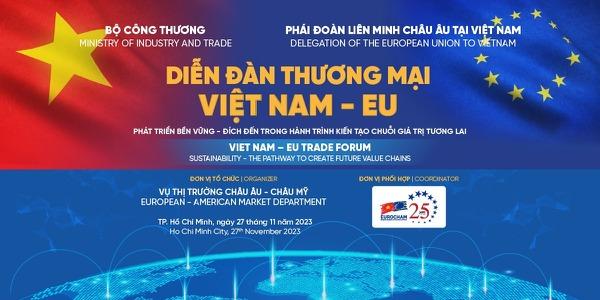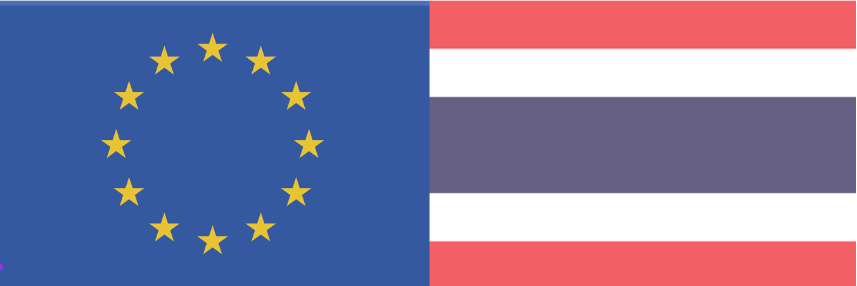
EIAS Newsletter November 2023
Read this month’s EIAS Newsletter, offering you an overview of our most recent publications and activities.

Read this month’s EIAS Newsletter, offering you an overview of our most recent publications and activities.

The European Institute for Asian Studies contributed to the 2023 Viet Nam – EU Trade Forum with an online presentation by EIAS Director Ms Lin Goethals on “Accompanying the manufacturing industry under pressure of green & sustainable development”. The Forum took place in Ho Chi Minh City on 27 November 2023.

Mongolia boasts an incredibly rich array of natural resources, from copper to coal, to rare earth metals. Although the country also contains rich and accessible uranium deposits, the mineral has not been mined in Mongolia since the 1990s, after the last Russian uranium mine closed. Though companies like the Canadian-owned Khan Resources have attempted to restart production since, none have managed yet to overcome the political, environmental and legal hurdles that inevitably arise when mining in Mongolia. In October 2023, the French nuclear company Orano signed a deal to mine uranium in Mongolia after concerns about France’s nuclear supply arose due to instability in western Africa, where it historically sourced most of its uranium. Many questions remain, as to whether the project will succeed unlike previously failed attempts to mine the element in the country, and as to how the mineral will leave Mongolia, which is landlocked and enveloped by China and Russia.

In an era marked by profound and unprecedented geopolitical tensions, trade disputes, supply chain disruptions, and global economic downturn, the revival of negotiations for the Free Trade Agreement (FTA) between the European Union (EU) and Thailand signifies an opportunity to revitalise the economic relations between the two long-time trading partners. Leveraging the foundation laid by the EU-Thai Partnership and Cooperation Agreement (PCA) signed on 14 December 2022, both parties have affirmed their commitment towards upholding the rules-based international order. The PCA is the reflection of the EU’s strategic intent to address the increasing geopolitical risks, economic uncertainties, and the climate crisis by actively cultivating like-minded alliances in the Indo-Pacific region.